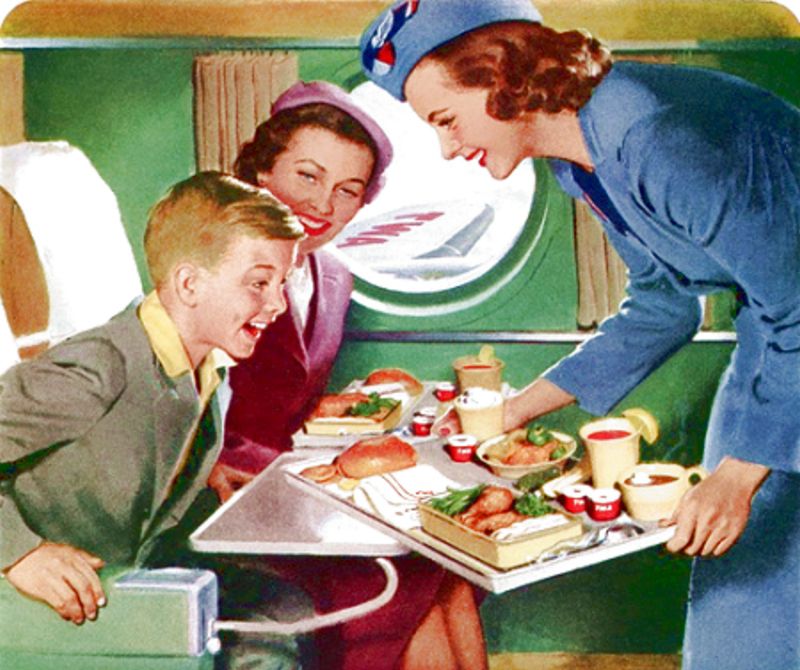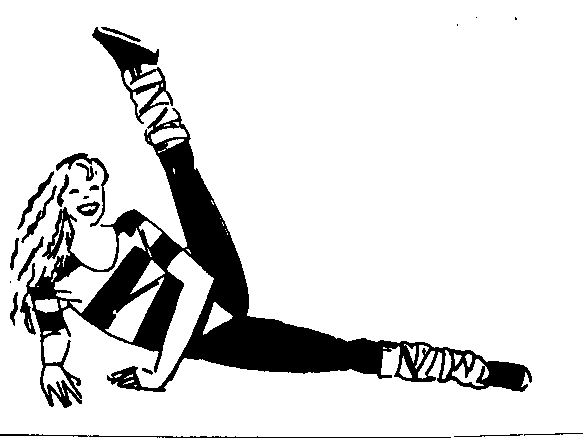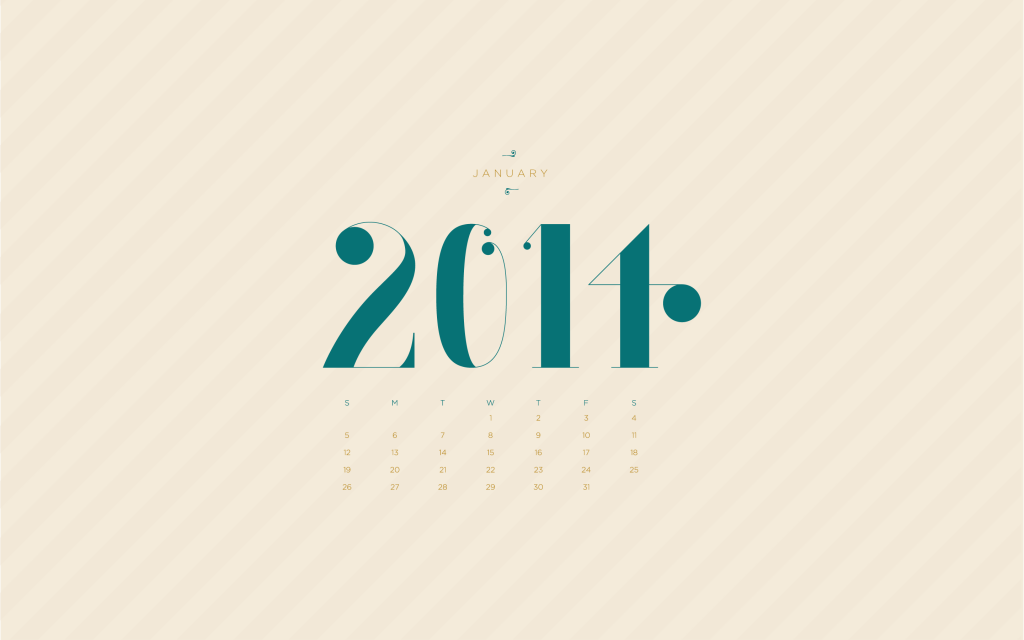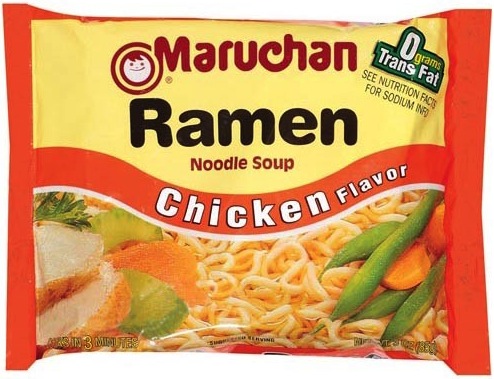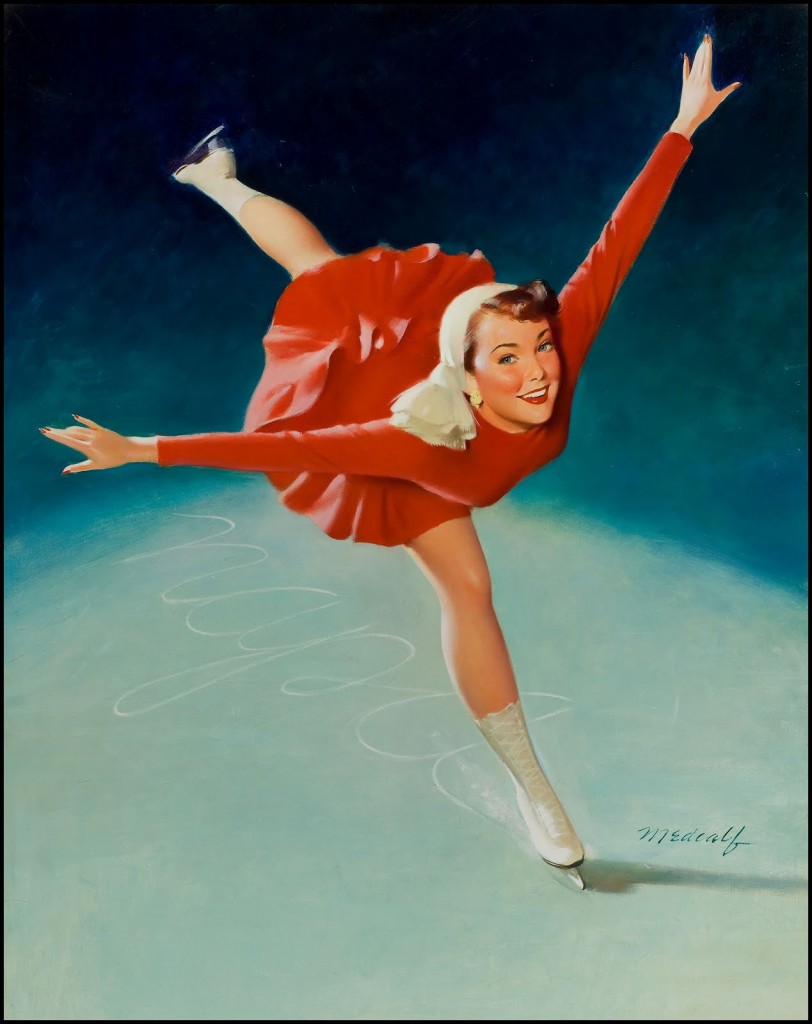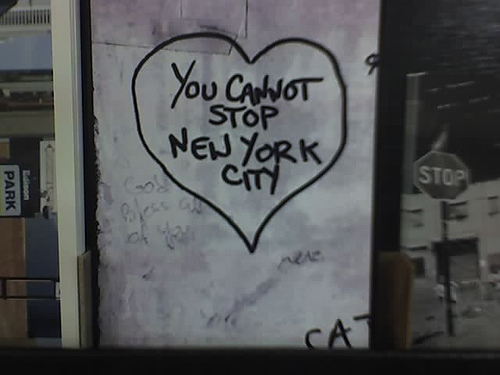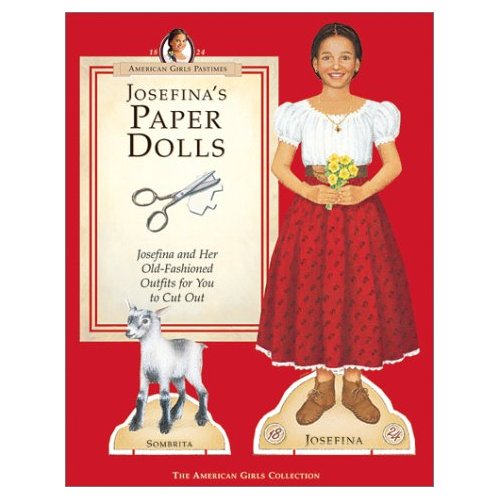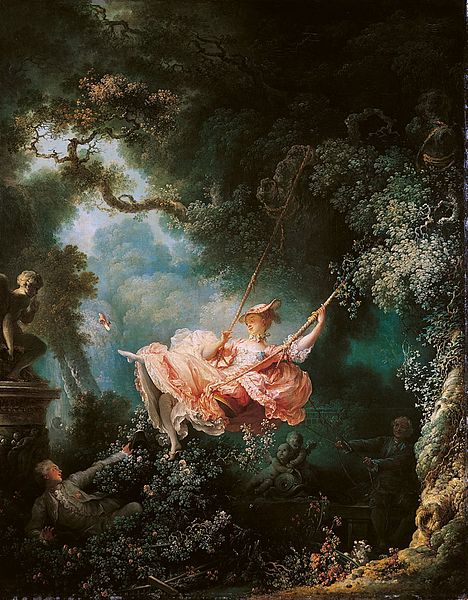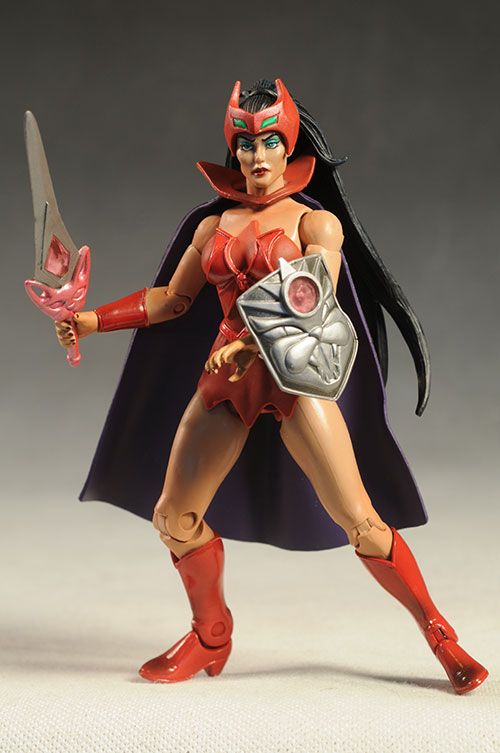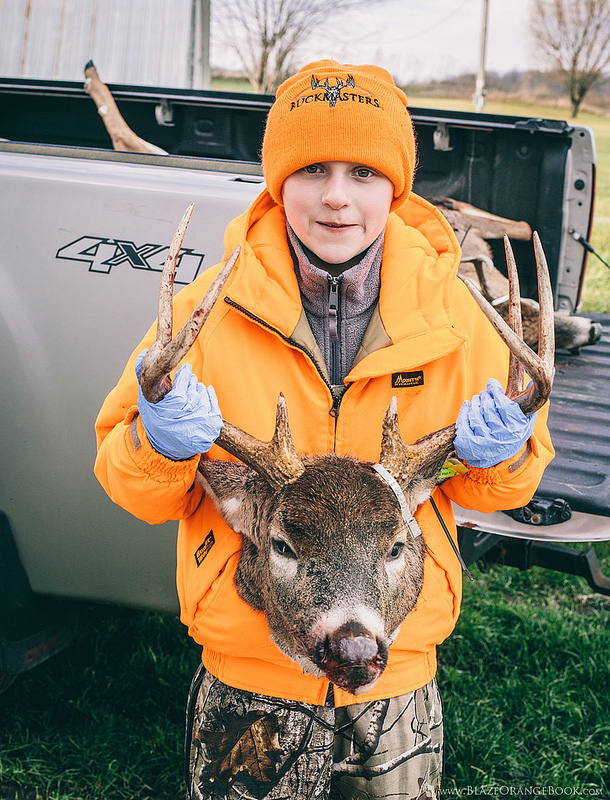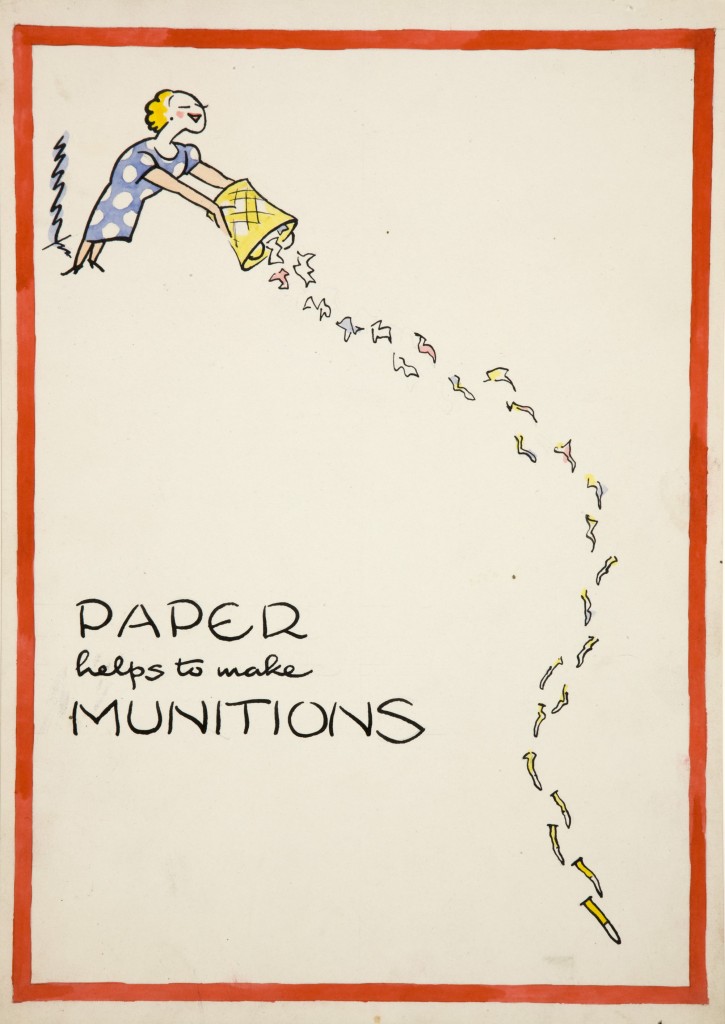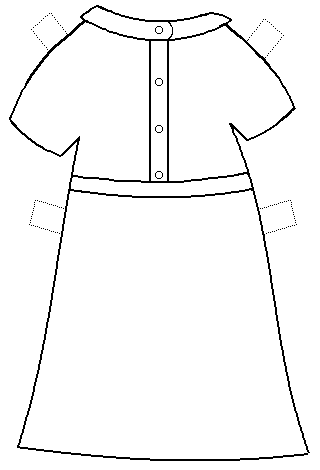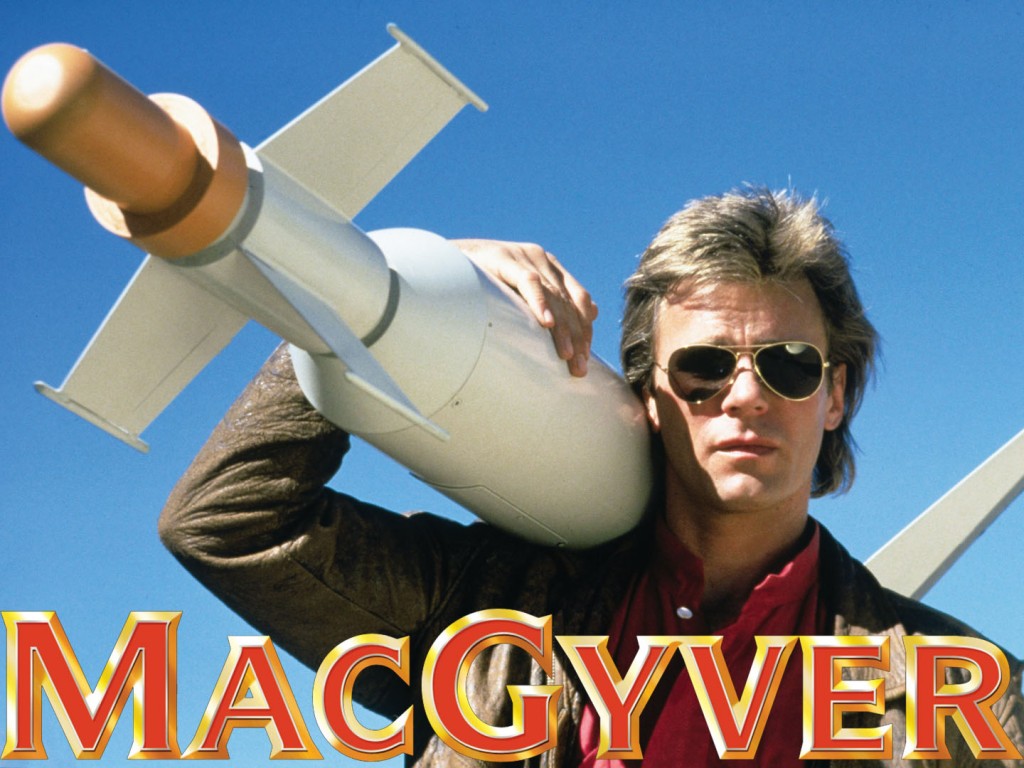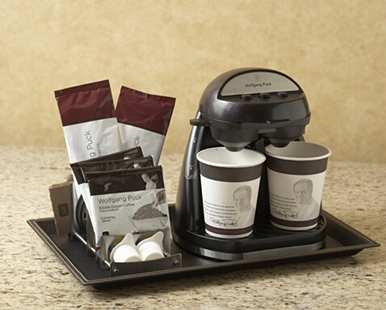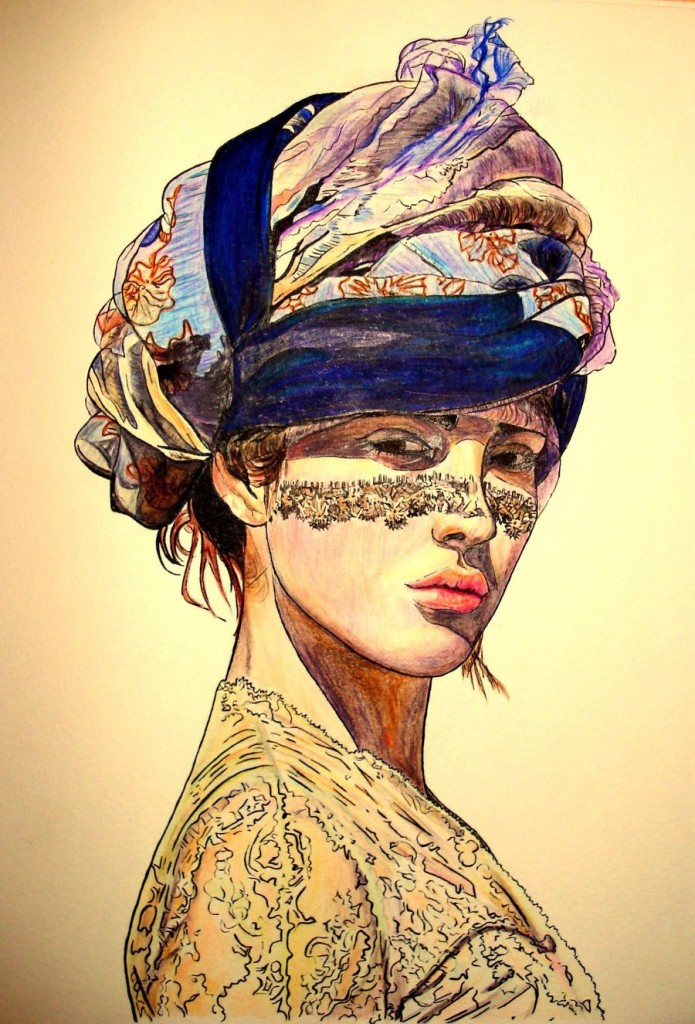
I may be done with Arizona, but Arizona might not be done with me.
This morning, they cancelled my flight. When I checked in for the replacement, the Phoenix Airport ticket lady gave me a warning. “There’s weather in Chicago,” she said. “We can’t guarantee your flight will take off. The airline assumes responsibility to get you into Chicago, um, eventually, but assumes no outside costs for necessary accommodations or meals.” One might put it another way: “You’re on your own, kid. The days of ‘Here’s a burrito punch card and a straw mat at the Holiday Inn Express’ are extremely over. Take care. Next customer please step up?”
To pass the time, I’ve been working. I’ve also been looking out the panes of huge floor-to-ceiling glass here in Terminal 3 because the desert’s out there and there’s no better place to look than that.
It’s odd, but there’s something in me that doesn’t want to love the desert. Whither this ridiculous feeling? I intensely dislike “Southwestern-style” artwork, with the howling dog silhouettes and the tutti-frutti sunsets and all those terra cotta jars, but can that really be my problem? It doesn’t seem fair to dismiss an entire landmass because of a few cheesy art galleries. Is my resistance to falling head over heels for the desert born out of my love of oak trees and the lushness of land near the Mississippi? There is no oak, no mighty river out here. As I look out across the sand, I feel perhaps that it’s not the desert itself that I love: it’s the West. From Cali to just before Kansas, baby. I am in love with it.
And could you blame me.
Grand Canyon
In 2004, my friend Sarah and I hiked Grand Canyon for six days. We hiked down, down, down into the rocks, we camped in a tent, we cooked beans in a tin. We talked. Nietzsche said that “The best thoughts are conceived while walking” and hiking through a field of daisies with Sarah, yes. We skinny-dipped in an ice-cold stream at the bottom of the canyon. That day, the light was silver and we were gold.
Tuscon, Arizona
A rodeo. I watched the riders with the wide-eyed fascination and glee of a six-year-old at Disney. This was when I was married. My former husband and I had a ball. We ate a whole bucket of buttery popcorn, he had a couple beers. The smell of horse manure mixed with the smell of Tuscon cowboys and those horses! Bucking and throwing and running, running in the ring. The only thing more exhilarating was the endless, dusky sky above us. We saw the stars come out.
Las Vegas, Nevada
Last year, I understood how to love Las Vegas: you gotta open your hands and turn your wrists up, so that Vegas can bind you with its rope. If you let it do that, Vegas will lead you around and you won’t trip, but you must submit. Don’t fight the lights. Bring your bathing suit. The moment you moralize, you are at odds. Be one with the hammer. You’ll dig the hit.
Somewhere Outside Sacramento
College, 1998. I went with my new college BFFs to Sacramento to visit my aunt and uncle for spring break. We drank fresh orange juice on the terrace and smoked cigars at night. Madonna’s Ray of Light album had been released. We listened to that single on blast, over and over and over in our rented pick-up truck, flying down Interstate 5. I still remember Nellie’s blonde hair whipping and I remember Scott just laughing.
Denver and Boulder, CO
I flew in to visit my high school girlfriend. I remember coming up out of the bowl of Denver and how the whole place seemed dove gray, steely. Then on into Boulder and the rolling green of it all. The air was better than anyplace I had ever been.
See ya later, cactus-gator.
:: plane takes off ::

